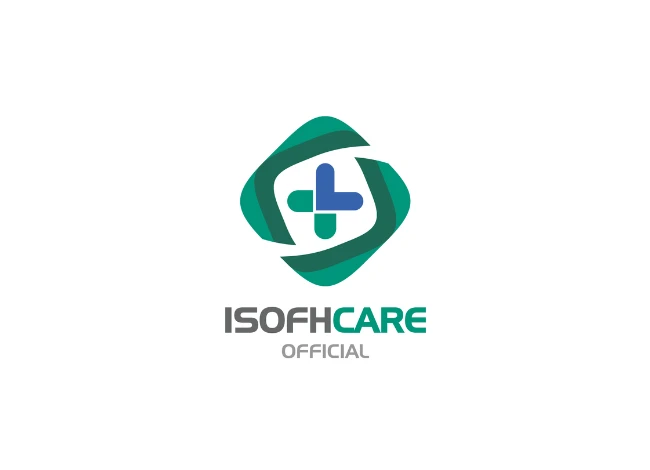Kaloola is a startup from South Africa that provides clean, safe, and affordable sanitation solutions, with a particular focus on residential and commercial areas in urban settings such as eThekwini. With a vision for a sustainable and inclusive sanitation system, Kaloola has partnered with BORDA to implement a decentralized toilet model using waterless and chemical-free technology.
Kaloola’s solution operates on a dry-flush mechanism: waste is safely sealed on-site, then collected, transported, and centrally processed into organic fertilizer or biogas. This represents a crucial link in the circular economy model—minimizing environmental pollution while efficiently repurposing waste as a resource. Unlike traditional sanitation systems that require complex and costly sewer infrastructure, Kaloola’s toilets can be easily installed in areas lacking public services or with limited urban infrastructure.
BORDA (the Bremen Overseas Research and Development Association) serves as Kaloola’s strategic partner, responsible for developing the waste treatment system and supporting the creation of local regulatory frameworks. With experience deploying over 3,000 treatment systems across 25 countries, BORDA brings the technical expertise and credibility needed to scale and replicate the model.
Beyond offering an environmentally friendly sanitation solution, startup also prioritizes gender equality and user safety—especially for women and children—in the design and operation of its system.
At the P4G Summit Vietnam 2025, Kaloola received support from the National Startup Support Center (NSSC) to showcase its decentralized sanitation solution in the startup exhibition area. The event provided an opportunity for the company to connect with international partners, investors, and local governments interested in environmentally friendly sanitation innovations.
With a decentralized approach, waterless technology, affordable implementation, and the potential to generate economically valuable byproducts, Kaloola is proving that sustainable urban sanitation is entirely feasible—even in areas with limited infrastructure. This startup is regarded as a pioneering model that integrates technology, environmental sustainability, and social development in emerging economies.


